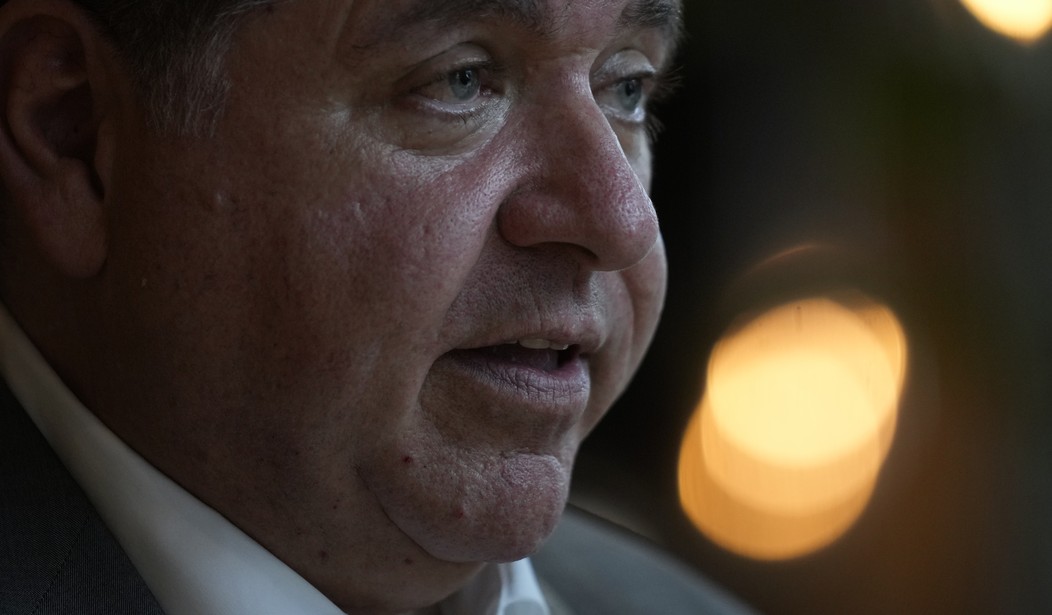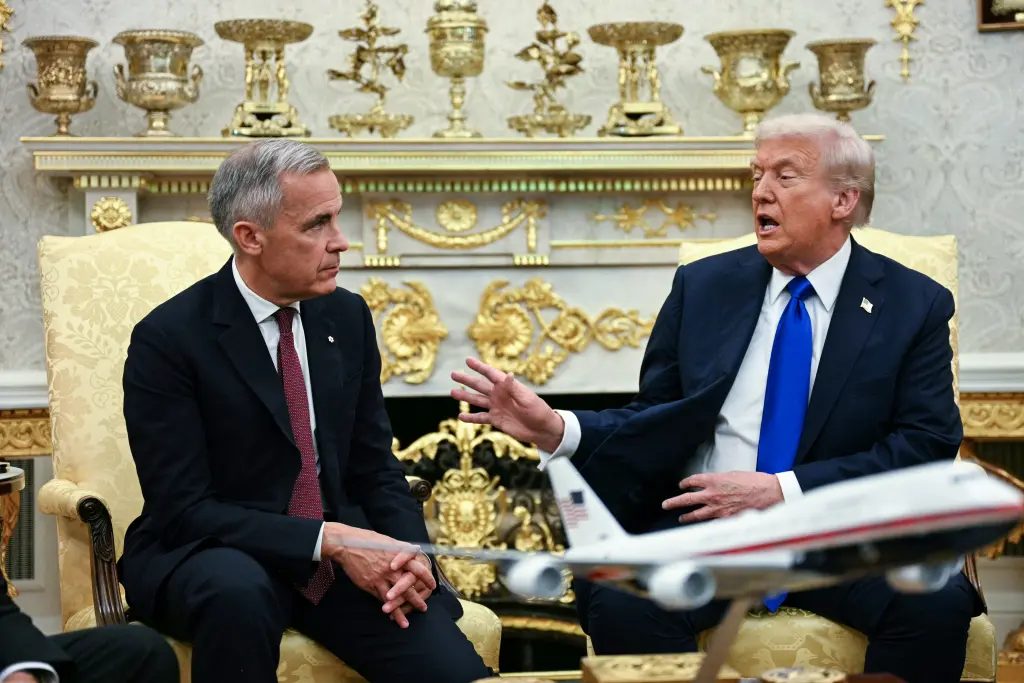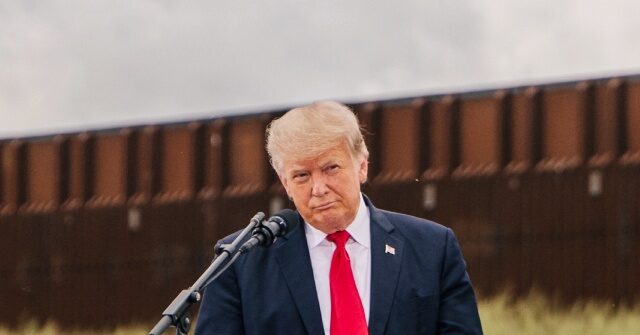Recent weeks in Chicago have been marked by intense federal immigration enforcement actions, with ICE agents stepping up efforts to apprehend criminal illegal immigrants. This has sparked a fierce backlash from far-left activists, including instances of doxxing and violence against federal agents. Amid this tension, Illinois' Democratic leadership—chiefly Governor JB Pritzker—has been vocal in his opposition to ICE's operations in the state, leading the charge with his anti-ICE rhetoric.
Pritzker has taken his opposition a step further, publicly discussing potential legal actions against ICE agents for allegedly breaking local laws. In an interview with MSNBC's Jen Psaki, Pritzker shared his willingness to explore all legal options, stating, “So we’re looking at all of the options at the local level with county state’s attorneys, with attorneys general to go after people [ICE agents] when they’re breaking Illinois law, when they’re breaking local law."
However, Pritzker’s soft interviews with sympathetic outlets like MSNBC stood in stark contrast to a tough grilling by Fox News anchor Bret Baier. Baier pressed the governor on multiple issues, including the city’s rising violent crime rates and the safety of ICE agents operating in Chicago. The governor, clearly agitated, struggled to respond to Baier’s pointed questions, particularly when asked whether he would be willing to spend a day with ICE agents to gain a firsthand understanding of their work.
Pritzker's response was telling: "I can see what they do on the streets of Chicago," he said, shaking his head and refusing the offer. In other words, he preferred to stay in his comfort zone, relying on distorted media portrayals and leftist agitator narratives rather than confronting the reality of ICE’s work. This reluctance to engage directly with the situation reflects a broader unwillingness to challenge his own rhetoric or understand the complexities involved.
This response comes from a man who enjoys 24/7 paid security detail and whose idea of addressing Chicago’s public safety concerns includes boasting about the city’s supposed safety—despite the staggering violence in the city. The day after Labor Day weekend, which saw 37 shootings and 58 people shot, with 8 fatalities, Pritzker’s claims of a safe Chicago rang hollow.
In a striking contrast, Pritzker also seemed to praise former President Trump’s immigration policies—policies he’s frequently criticized as “Hitler-like” during his tenure. Pritzker acknowledged that Trump’s border enforcement measures helped reduce the illegal immigration problems Illinois faced under the Biden administration. "Since President Trump has taken office, we don't have the problem that existed before," Pritzker conceded, albeit in a backhanded manner, effectively thanking Trump for the very policies he often vilified.
In short, Pritzker’s behavior reflects a confusing and inconsistent approach to both immigration and public safety. His refusal to engage directly with ICE, his praise for Trump’s border policies, and his failure to address the city’s ongoing crime crisis make it clear that the governor is more focused on maintaining political narratives than taking action that might help resolve these serious issues.
Illinois voters deserve better leadership in future elections—leaders who confront tough issues head-on rather than avoiding uncomfortable truths and offering empty rhetoric.



